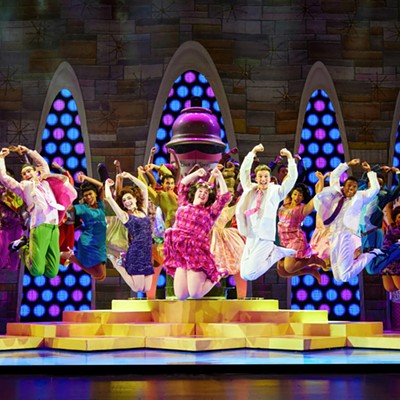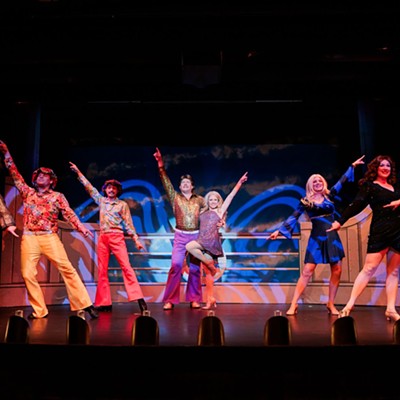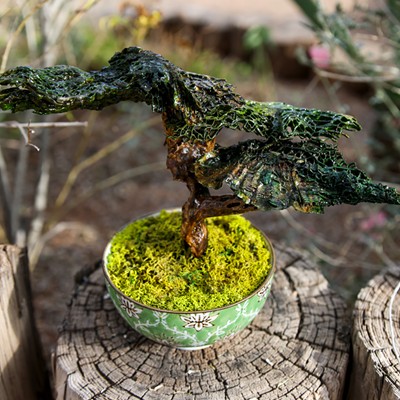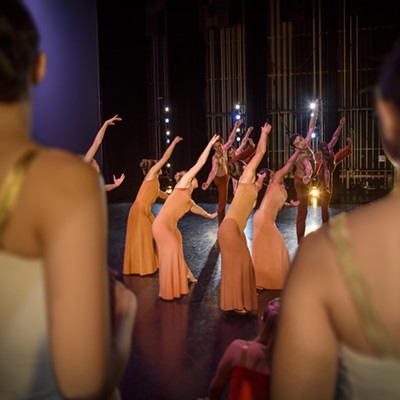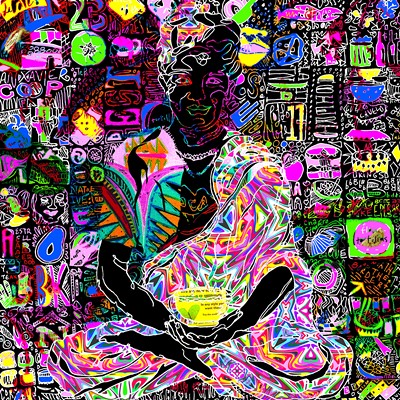The Rogue Theatre holds fast the idea that a great piece of theater can only arise from a great piece of literature. For them, that certainly includes, not only fine plays—the literature of theater, but material from other forms, including novels. They have over the years presented a number of productions adapted from other works. Such is the case with their last show of the season, The Bridge of San Luis Rey by Thornton Wilder.
Cynthia Meier, co-founder and associate artistic director of Rogue, has assumed the daunting task of adapting several works, from Franz Kafka to Virginia Woolf. Some have been more successful than others, but they are always done with great respect for the original piece. This is certainly the case here as she takes Wilder's novella and, along with director Joseph McGrath, translates Wilder's story from one form into another.
Wilder was a 29-year-old teacher when he wrote this story, which would win the first of his three Pulitzer prizes.
His story involves a fictional catastrophe in Peru, and the first line of the novella is well known: "On Friday noon, July the twentieth, 1714, the finest bridge in all Peru broke and precipitated five travelers into the gulf below."
Witnessed by Brother Juniper, who "happened to be in Peru converting the Indians," the tragedy caused him to inquire, as humankind has from the moment we could ask such questions, is there a plan for each human life, and if so, why would a plan dictate a tragedy like the one he had just witnessed? Were those people more or less good and righteous than those who had opted to get to their destination across the ravine by descending into it and up the other side?
Brother Juniper decides he can reach an answer, at last making theology a science, by examining the lives of the people that met with tragedy. He determines to make a study of the five, assured that by some equation he was sure he would discover that which he would be able to measure mystery.
With adaptation comes transformation. We are familiar with Hollywood's remaking of books into film, and the almost comical ring of the standard refrain, "I liked the book better." So we quite deliberately ask, does this adaptation transform Wilder's story well? Is it a successful piece of theater? Does it give us an experience that is true to Wilder's intention, his theme and the beauty of his words and his depth?
I think for the most part it does. It gives us a stage-worthy experience. It does create a different sort of beast than we normally expect to see in the theater. In its approach to conveying Wilder's story, it engages us in a sort of meditation, with its storytelling conveyed in interpretive action that includes a lot of pantomime and a dance choreographed by a sizable company of skilled performers. Some parts are more successful than others, but as a whole, bolstered by the absolutely necessary musical direction of Jake Sorgen, Meier and company present Wilder's story in a theatrically satisfying way. It won't be to everyone's taste, and you may indeed like the book better, but there is much here to be enjoyed and
appreciated.

